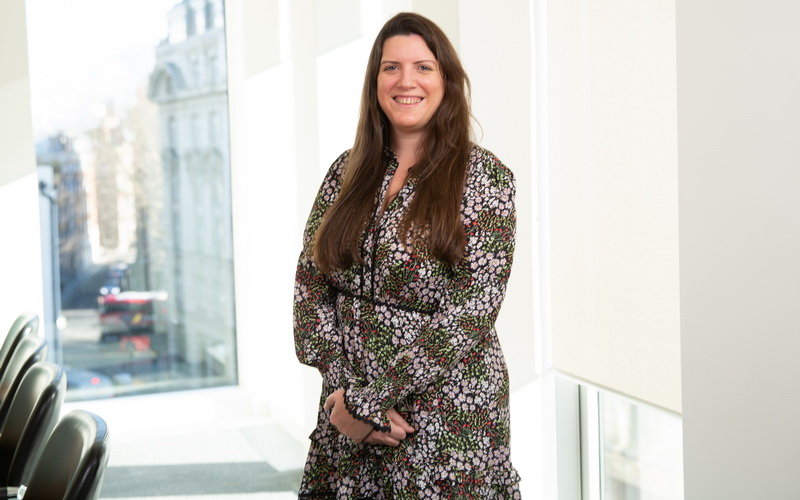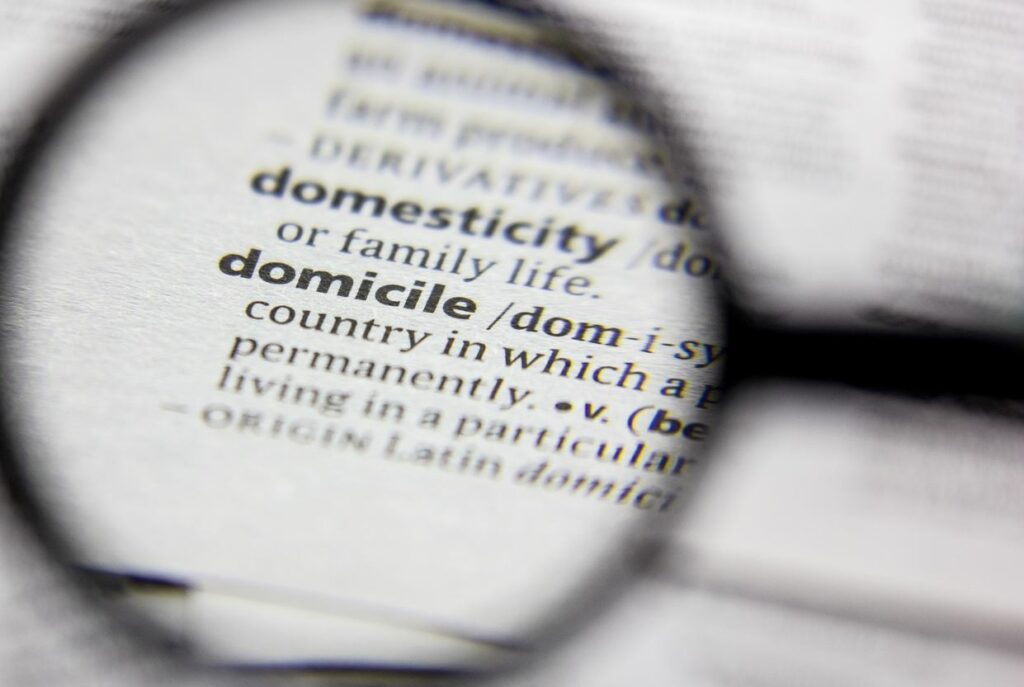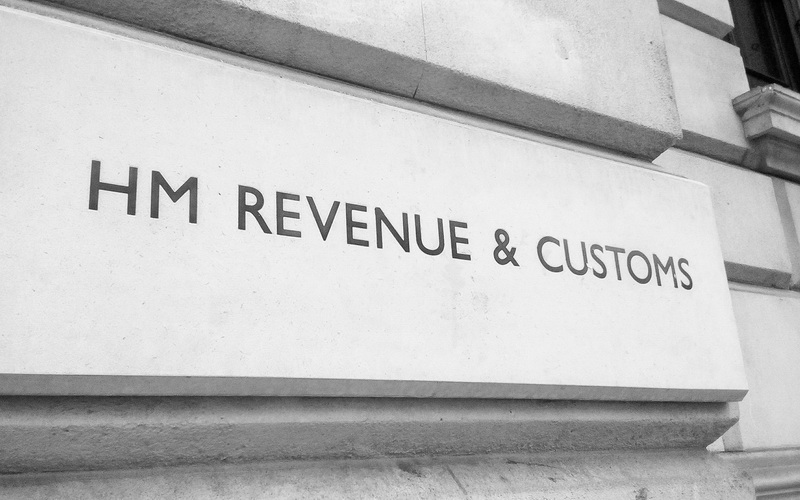Self-Assessment taxpayers need to pay HMRC by 31st of July or face hefty new interest charges from HMRC
Some taxpayers don’t realise that they need to make payments on account and can be caught out
Self-Assessment taxpayers who need to make their second payment on account for the 2022/23 tax year must make sure they do so before 31 July or face hefty new interest charges.
Stefanie Tremain, Partner said: “HMRC’s late payment interest rate has significantly increased from 5.5% at the start of 2023 to the current rate of 7.5%. Late payment may also raise the individual’s ‘profile’ with HMRC and increase the possibility of a HMRC enquiry into their tax returns.”
“For self-assessment taxpayers who are required to make payments on account it is important to ensure payment is made by the end of July. If they don’t make the payment by this date, it can create additional liabilities and interest charges.”
Stefanie said: “It’s possible to reduce your payments on account for the next tax year if you think your tax liability will be lower than the year before, however HMRC will charge interest and possibly penalties if you over-reduce and subsequently underpay.”
“Now that the 5th of April has passed, it’s really important that any taxpayer who reduced their 2022/23 payments on account double checks their income for the year, adjusts their payments on account if necessary and pays any shortfall as soon as possible to minimise interest charges. Don’t forget that interest may have been running since 31 January 2023 (when the first payment on account was due) if the payments were over-reduced.”
She added: “Some taxpayers don’t realise that they need to make payments on account and can be caught out so they should check whether they need to make a payment. Those that can be caught out include those with high levels of personal investment income, (e.g., bank interest or dividends), those who receive income from letting and the self-employed.
“Payments on account aren’t required by all taxpayers within the self-assessment tax return system. Those with income tax liabilities of under £1,000 for the 2021/22 UK tax year, those who paid more than 80% of their tax at source, or those who were liable to CGT rather than income tax on their last return won’t need to make any payment on account at this stage.”
“Taxpayers experiencing financial problems now shouldn’t just ignore their POAs – rather, they should pro-actively contact HMRC, so that they can talk through their position. They may be able to agree a ‘payment plan’ with HMRC, which could enable them to make the relevant tax payments over a longer period.”
Would you like to know more?
If you would like to discuss the above, please get in touch with your usual Blick Rothenberg contact or with Stefanie Tremain via her profile.
Contact Stefanie

You may also be interested in

Domicile enquiries: HMRC’s approach and what taxpayers need to be aware of

A year in tax to remember, or forget?













